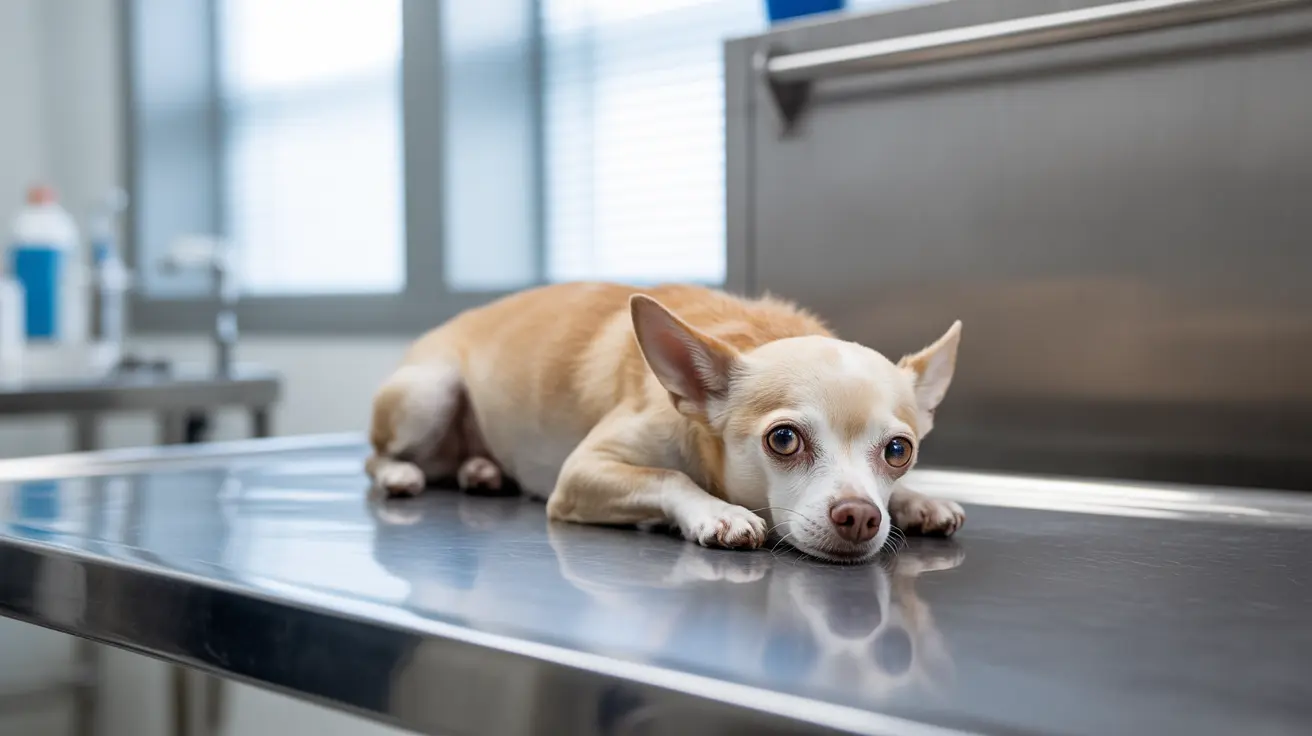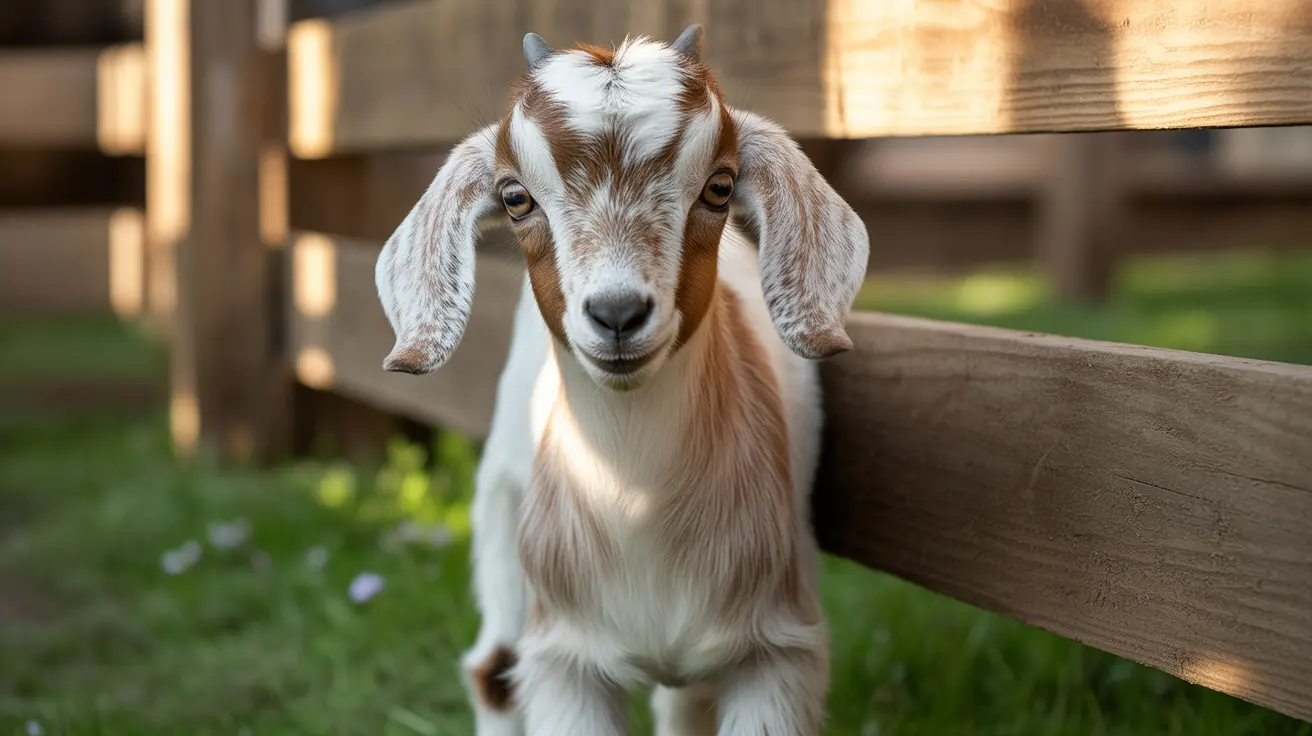Why Do Dogs Love Cheese? A Delicious Treat Explained
Cheese is a popular human food that dogs seem to go crazy for. Whether it's a small piece handed over from your sandwich or a tasty cube used during training, most dogs react with excitement to the sight and smell of cheese. But have you ever asked yourself why dogs love cheese so much? This article explores the reasons behind this canine obsession and how cheese can be safely incorporated into your dog's diet.
What Makes Cheese Appealing to Dogs?
Cheese has several properties that make it irresistible for many dogs:
- Flavor: Cheese is rich, creamy, and salty, which appeals to dogs’ taste buds.
- Smell: Strong-smelling foods are especially intriguing to dogs, and cheese often has a pungent aroma.
- Texture: The chewy or creamy texture makes it satisfying for dogs to eat.
- Fat Content: High-fat content triggers pleasure chemicals in the brain, making cheese addictive even for dogs.
Health Benefits of Cheese for Dogs
When given in moderation and in the right form, cheese can offer some nutritional value:
- Protein: Essential for muscle growth and repair.
- Calcium: Supports healthy bones and teeth.
- Vitamin A: Important for vision, immune function, and skin health.
- B-Complex Vitamins: Aid in energy metabolism and overall health.
- Essential Fatty Acids: Promote a shiny coat and healthy skin.
Cheese Types Safe for Dogs
Not all cheeses are equal when it comes to canine consumption. Some are safer and healthier for your pup than others.
- Mozzarella: Low in fat and lactose, making it easier to digest.
- Cottage Cheese: High in protein and low in fat; a great low-lactose option.
- Cheddar: Common and tolerated well, but watch for higher fat content.
- Swiss, Gouda, Edam, Red Leicester: Generally safe in small amounts, plain and without additives.
Cheeses to Avoid
Some cheeses should never be given to dogs due to toxicity and potential health risks:
- Blue Cheese (e.g. Roquefort, Gorgonzola, Stilton): Contains roquefortine C, which is toxic to dogs and can cause vomiting, diarrhea, seizures, and elevated temperature.
- Cheese with Additives: Avoid any cheese containing onion, garlic, chives, herbs, nuts, or fruits—these ingredients can be harmful or toxic.
- Spicy and Processed Cheeses: High salt or additive levels are unhealthy for dogs.
Signs of Cheese Intolerance in Dogs
Not all dogs can tolerate cheese. Many become lactose intolerant as they age, leading to digestion issues. Watch for symptoms like:
- Vomiting
- Diarrhea
- Gas
- Bloating
- Stomach pain
If you observe any of these signs after feeding your dog cheese, discontinue it and consult your veterinarian.
When Cheese Should Be Avoided Entirely
Certain dogs should not eat cheese at all:
- Overweight dogs: Cheese is high in fat and calories.
- Dogs with pancreatitis: Fatty foods can trigger dangerous flare-ups.
- Dogs with food allergies: Cheese could exacerbate existing sensitivities.
- Dogs with kidney issues: Sodium content may be too high.
- Dogs on specialized diets: Always seek veterinary approval.
Feeding Cheese Safely
Follow these tips to safely incorporate cheese into your dog’s diet:
- Small Portions: Treat only; should not exceed 10% of daily caloric intake.
- Low-Fat, Low-Salt: Options like mozzarella and cottage cheese work best.
- Avoid Flavors and Additives: Stick to plain varieties.
- Monitor Reactions: Always observe how your dog responds.
Cheese as a Training Tool
Because dogs love cheese so much, it can be a powerful motivator during training. Small cubes or shreds of cheddar, mozzarella, or cottage cheese can act as high-value rewards. Spreadable cream cheese (plain) inside puzzle toys or lick mats can also provide enrichment or calm anxious dogs.
Hiding Medication in Cheese
Cheese is often used to conceal pills, but always consult your vet first. Some medications, especially antibiotics, may not interact well with calcium in dairy.
What to Do if Your Dog Eats Too Much Cheese
If your dog accidentally eats a large amount of cheese, especially ones with harmful ingredients, watch for distress or digestive issues. Contact your veterinarian for immediate advice.
Conclusion
Dogs love cheese because of its scent, taste, and texture—but it’s crucial to feed it responsibly. When given in small amounts and under the right conditions, cheese can be a tasty and rewarding treat that both you and your dog enjoy.





